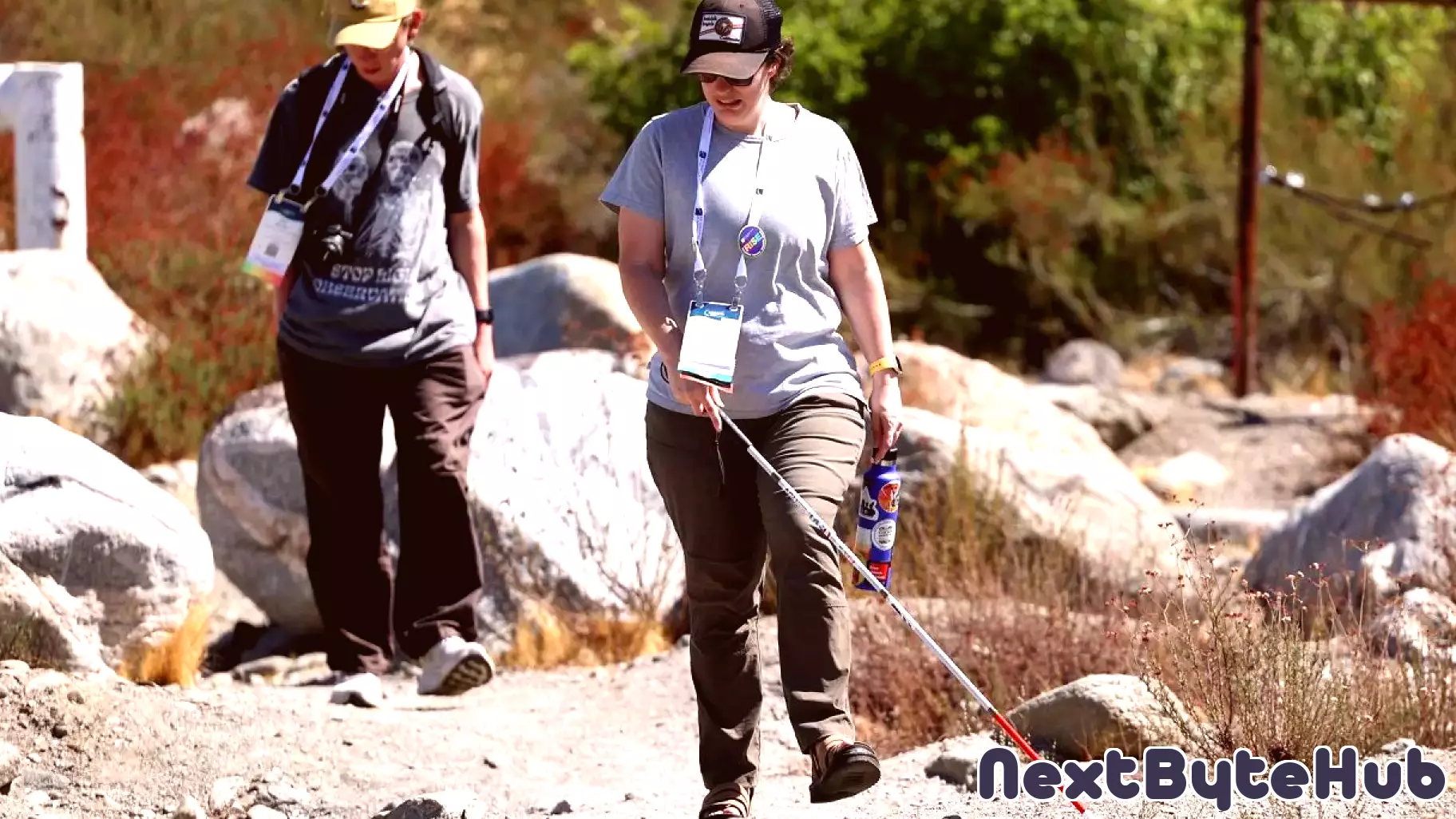Enhancing Accessibility in Research Labs for Scientists with Disabilities
January 19, 2025 - 01:20

Scientists with disabilities are increasingly vocal about the challenges they face in research environments, highlighting that many labs, classrooms, and field sites lack the necessary accommodations. This situation often hinders their ability to conduct experiments and contribute fully to scientific advancements.
The need for accessible design in research facilities is becoming more urgent as the scientific community recognizes the diverse talents that individuals with disabilities bring to the field. Many scientists advocate for changes such as adjustable workstations, improved navigation paths, and accessible equipment to ensure that everyone can participate in research activities equally.
These enhancements not only benefit scientists with disabilities but also create a more inclusive environment that fosters collaboration and innovation. By prioritizing accessibility, institutions can tap into a broader range of perspectives and ideas, ultimately enriching the scientific discourse. The movement towards more inclusive research settings is gaining momentum, with many institutions beginning to implement necessary changes to support all scientists in their endeavors.
MORE NEWS

February 3, 2026 - 03:14
Wake Schools considering new internet filtering, monitoring technologyIn response to growing concerns from students, staff, and families, the Wake County Public School System is actively considering the adoption of new internet filtering and monitoring technology....

February 2, 2026 - 18:16
From Veteran to Higher Education Leadership: Insights into the Technology FieldDr. Mark McKinney, a veteran and Dean of the College of Computer Information and Technology (CCIT), is applying the discipline and strategic perspective forged in military service to the evolving...

February 2, 2026 - 02:32
North America’s top computer vision scientist Liang Jie returns to ChinaDr. Liang Jie, widely recognized as one of North America`s foremost computer vision scientists, has concluded his tenure abroad to join a leading Chinese university. The move marks a significant...

February 1, 2026 - 20:14
How to Apply the 'Tyrant Test' to TechnologyA provocative new concept is emerging in legal and technology circles, urging the public to scrutinize the gadgets and platforms they use daily through a stark lens: could this technology be easily...